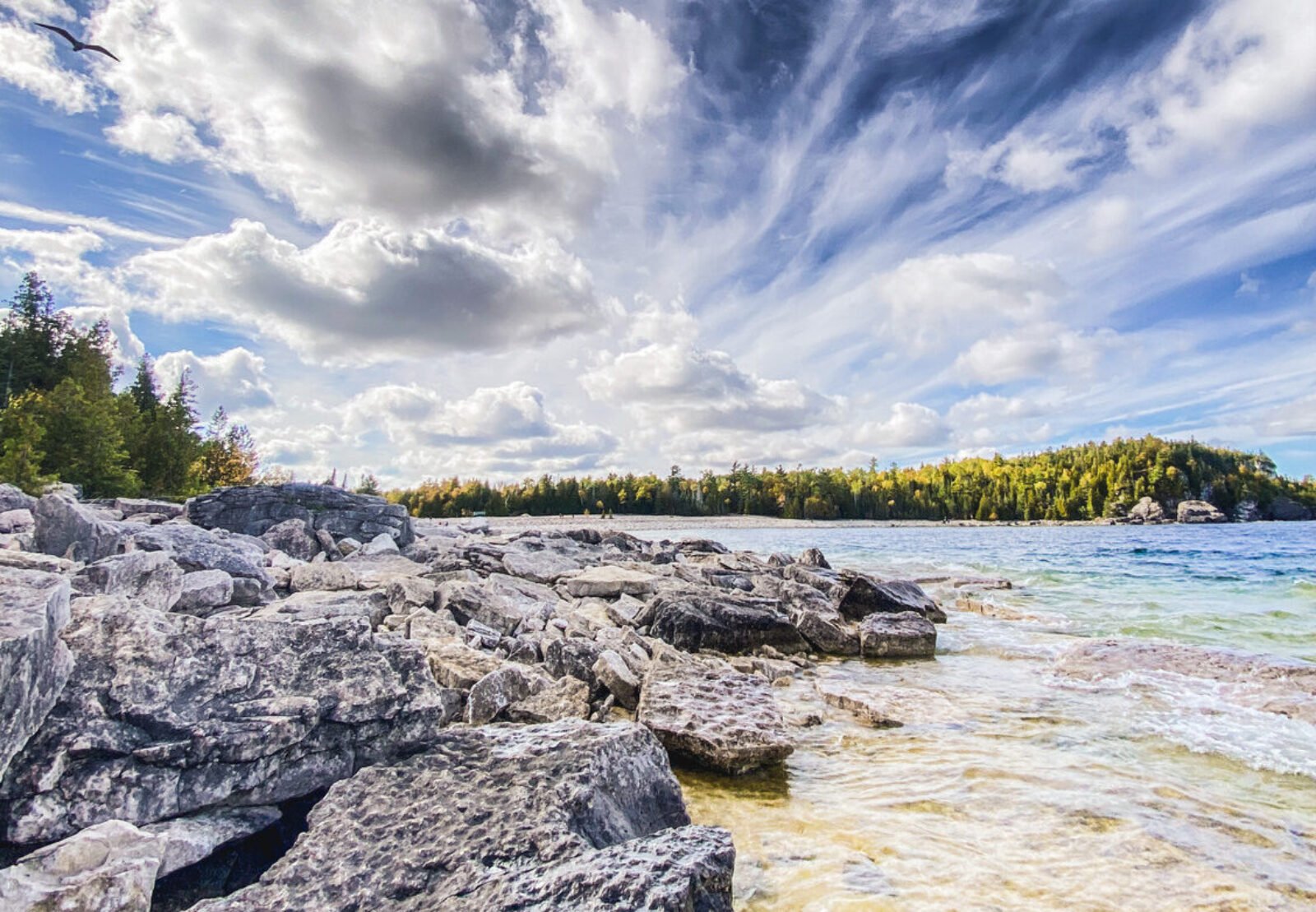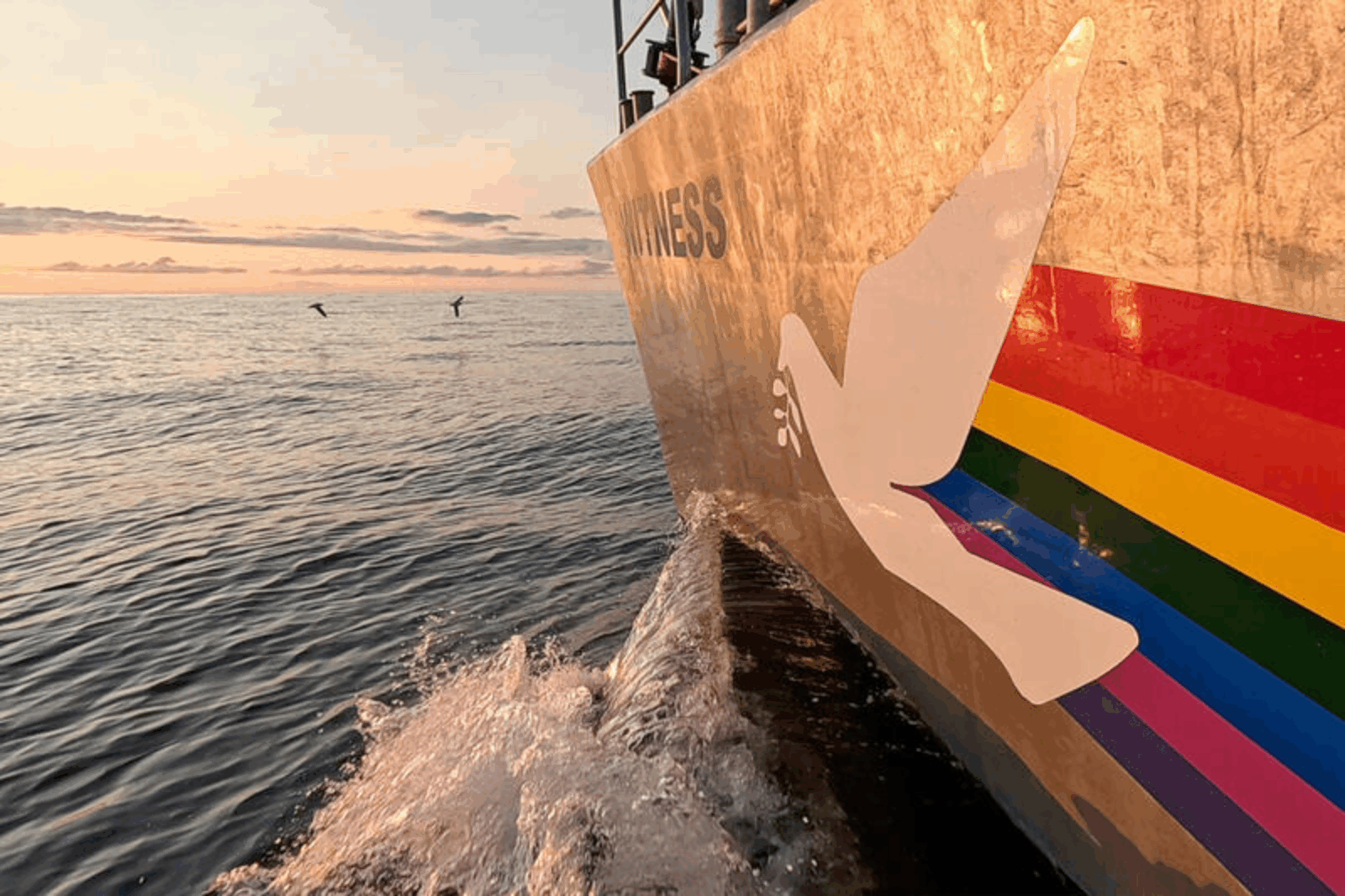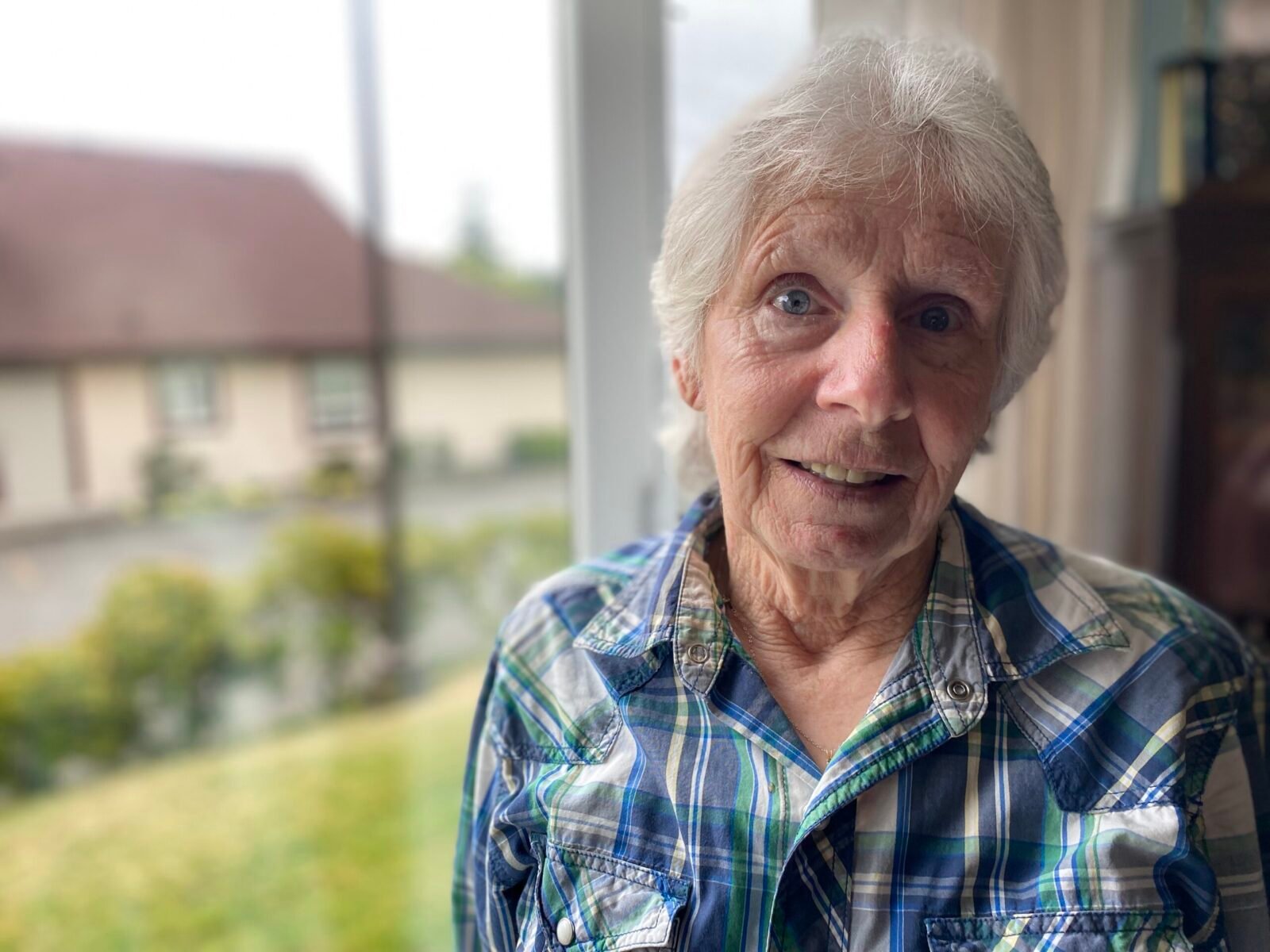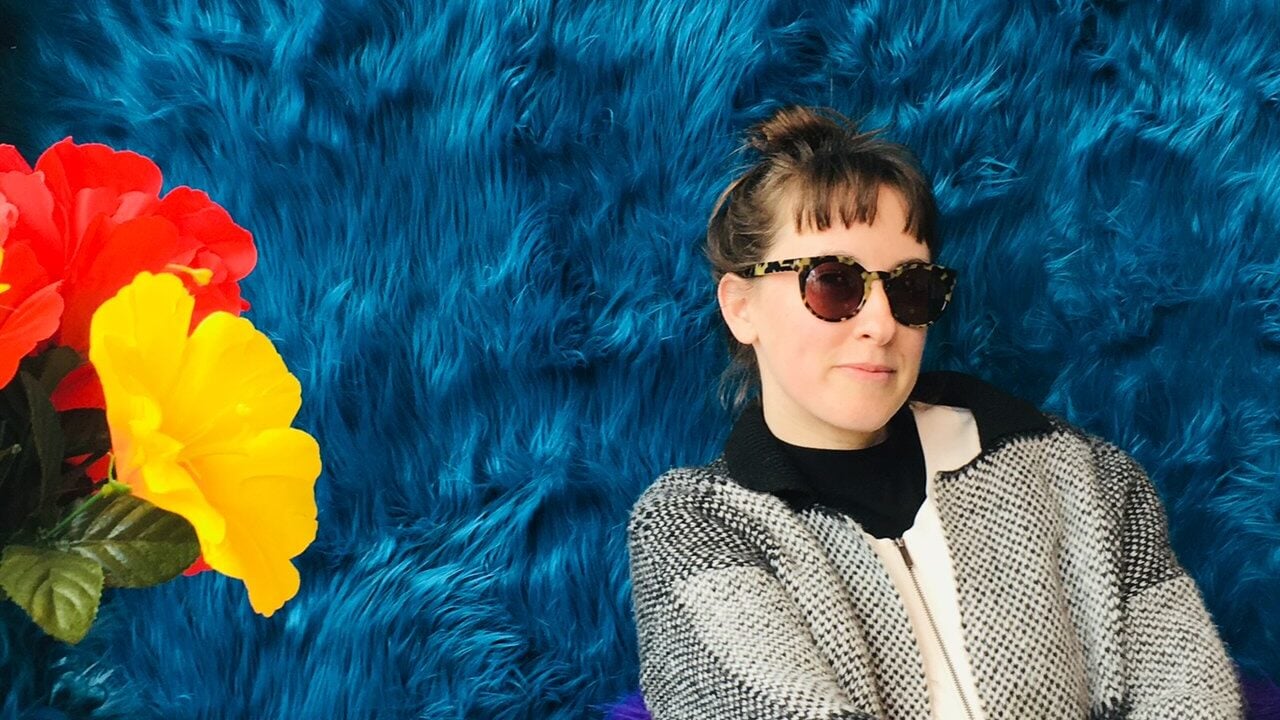
“It’s important that we not be apathetic. We have agency and can shape the world around us.”
Inspiring words from Celina Carter – research scientist, nurse with a PhD in public health, mom, and lover of the outdoors. And it’s not all talk, her passion for environmental and social well-being is woven into how she’s lived her life.
In her early years, she travelled widely and worked on organic farms, learning firsthand the importance of sustainable living. Later as a nurse, she spent time in Indigenous communities, where she saw the realities of health inequality up close. Today, she focuses on creating better health care experiences for people, especially for those who’ve been left on the margins.
“We talk about big problems like social injustice and disappearing green spaces all the time, people just don’t know what to do about them” Celina says. “One of the best things you can do is give money. It’s a concrete step you can take.”
But like anyone who cares about the issues and wants to do good, it can all get a little much. “Sometimes I get overwhelmed with all the needs around me. I often used to say yes whenever I was asked for money, but I realized that was a chaotic approach and not the best way to make a real difference.”
Ever the systems thinker, Celina started thinking about more effective ways to donate. She started considering how she gave and where. “I did some research and saw a recommendation to give 5-7% of your income to charity, especially if you have generational wealth. And though I’m not contributing that much yet, I do like this more planned-out approach.”
“It’s been a gift to narrow down what’s important to me and realize that we can’t fix everything. Personally, I believe if the environment was protected and if Indigenous groups had sovereignty and justice, a lot of issues would be resolved. Getting clear on that has been helpful in terms of where I put my time and money.”
Unless there’s a crisis or urgent issue, she rarely makes one-off donations. Prioritizing monthly giving helps her plan ahead, and it helps the organizations she supports with a reliable source of funding. She even took this a step further…
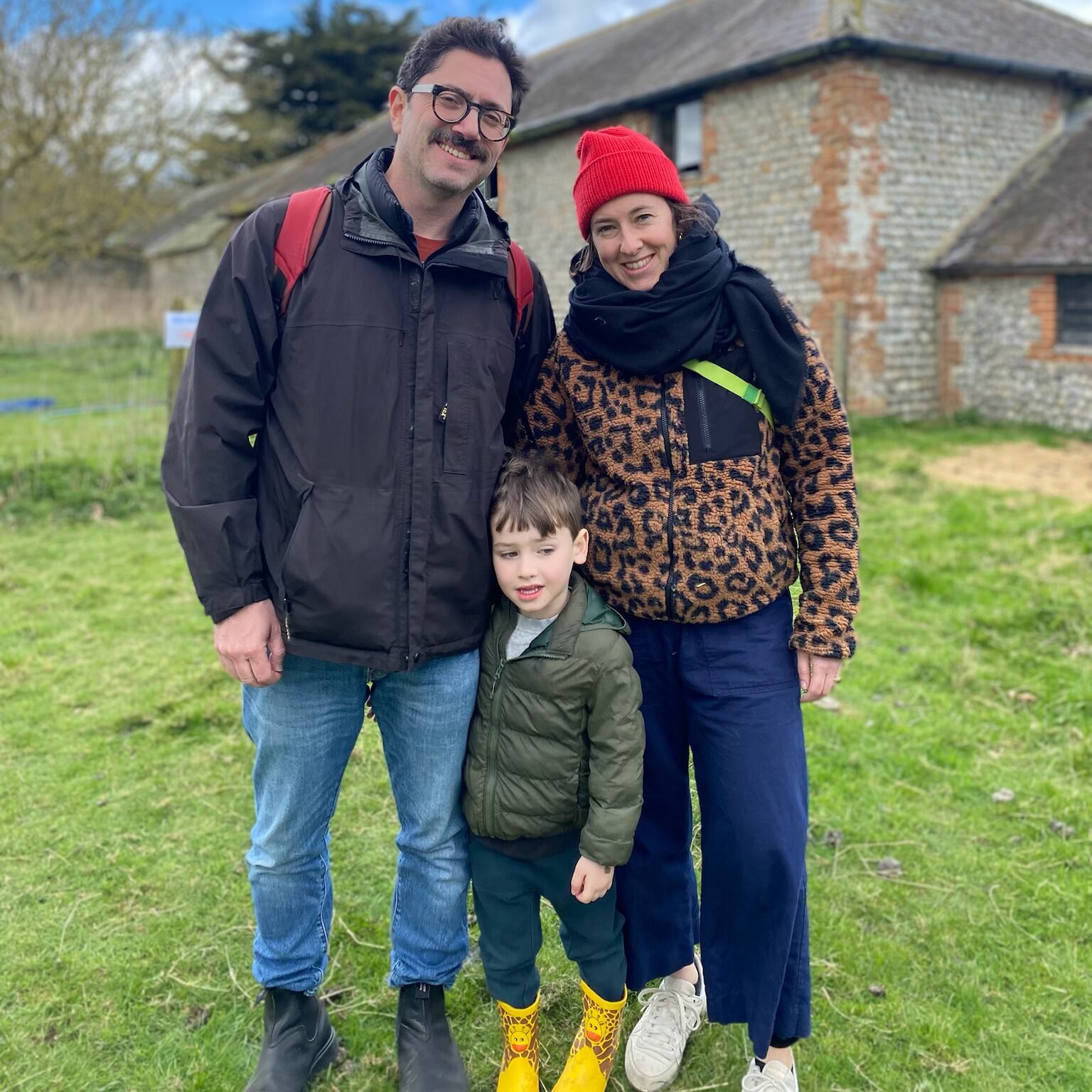
When Celina and her husband welcomed their son, they drafted their first simple Will. A friend mentioned they could add a charitable gift in their Will, which felt like a natural extension of their giving. Even though they don’t have extensive assets right now, including their charities in their Will ensures their support will continue long-term.
“I decided to give 2.5% to Indigenous organizations, and 2.5% to environmental causes like land stewardship and water protection”.
This decision wasn’t just about financial planning; it was also about creating a legacy for her son. “My son will receive the majority of my estate, and I hope this will inspire him to do the same and share the wealth.”
Until then, she is passing on important values like generosity and kindness, caring about how other people feel and the environment. “Even little things like picking up garbage on the street – it teaches him that everyone shapes their community, and together we get to shape the world.”
Celina is one of the growing number of Canadians who are getting intentional about the way they donate to charity. As of 2024, 10% of the population have now left a donation to charity in their Will. The majority are young Canadians, like Celina, who are finding strategic ways to make an impact without taking away from the money they need now.
“If I could leave people with one piece of advice it would be: get clear on what you truly care about. Remember that many systems intertwine, so in choosing one thing you can impact many others. Be confident in the choice you make. knowing you’re doing something focused and meaningful.”
Topic: Donor Stories

